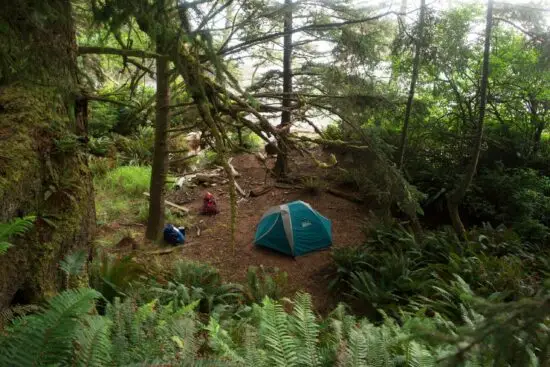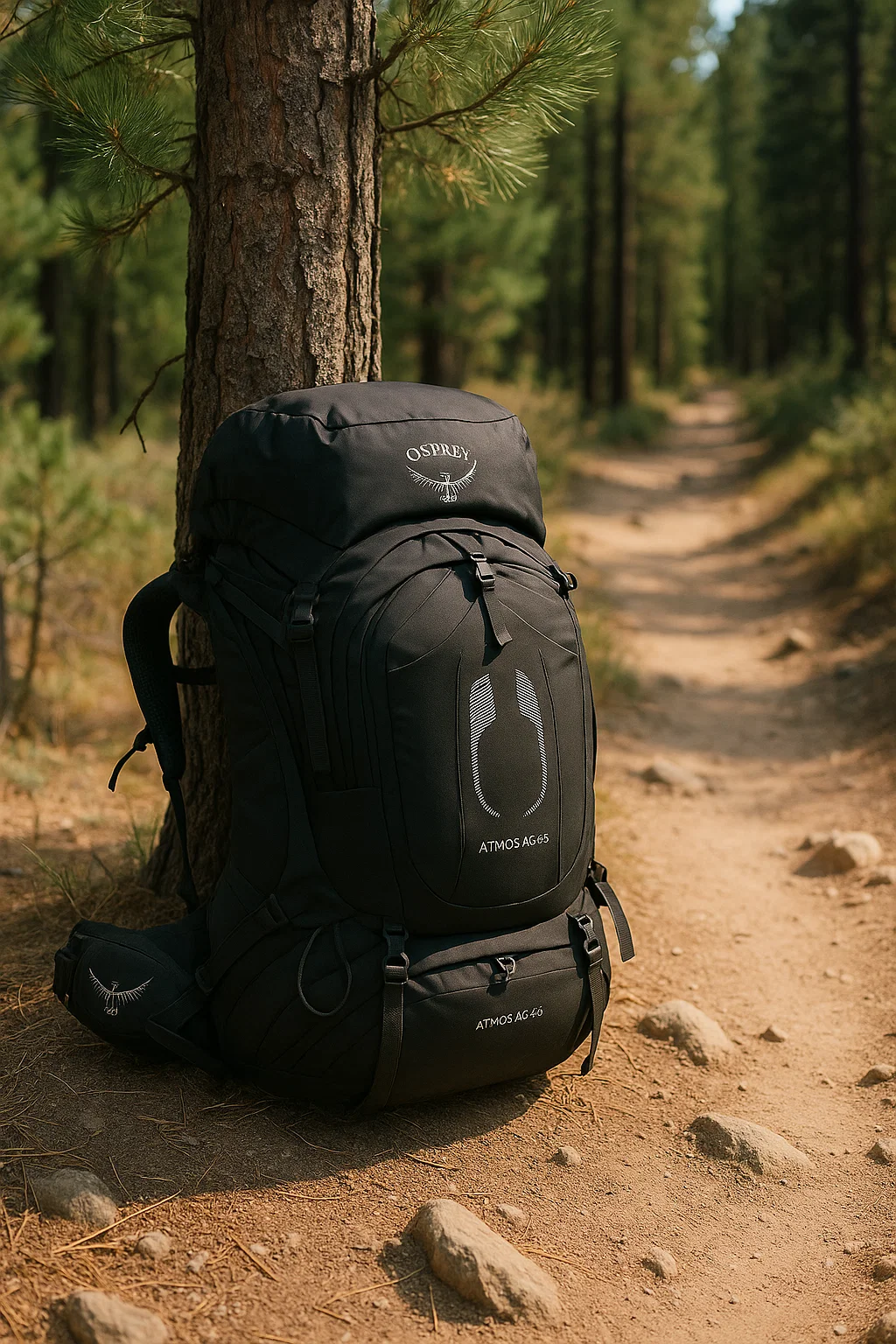Sleeping outdoors is quite different from resting in your comfy bed at home. The uneven ground, changing temperatures, and the quiet stillness of nature can make it harder to get a good night’s sleep. But don’t worry—learning how to get better sleep in the backcountry is possible with a bit of planning and some smart strategies. The first step is to understand the unique challenges you’ll face. So, let’s dive into some tips to help you relax and sleep well during your next wilderness adventure.
Getting good sleep in the backcountry means tackling these challenges head-on. Whether you’re dealing with bumpy ground, cold mountain air, or unexpected noises, there are simple solutions that can help you sleep soundly under the stars. It’s not just about avoiding discomfort; it’s also about getting in sync with nature. Embracing the natural sounds, sights, and rhythms around you can lead to better sleep quality. Think of it as a chance to make your outdoor adventure even more memorable and refreshing.
Next, let’s focus on setting up your sleeping area. Choosing the right gear is crucial for a good night’s sleep. This means finding the perfect sleeping bag, a reliable sleep pad for a cozy base, and the right tent setup. We’ll also discuss how layering your clothing can keep you warm throughout the night. By understanding the best gear and setup for your needs, you’ll create a more comfortable experience and enjoy restful nights in the backcountry, waking up ready for a new day of adventure.
Selecting the Right Sleeping Gear for Backcountry Comfort
Your gear plays a big role in how well you sleep in the wilderness. It’s not just about bringing any sleeping bag and pad; it’s about picking the right ones to keep you warm and comfortable. Choose a sleeping bag suited for the coldest temperatures you might face. Mummy bags are great for keeping you warm, while rectangular bags provide more room to move around, which some people find more comfortable.
A good sleeping pad is essential, not a luxury. It provides the insulation you need from the cold ground, which can make a huge difference in how well you sleep. Inflatable pads are comfortable and compact, while foam pads are durable and reliable. If all this sounds confusing, don’t worry! Focus on the R-value, which tells you how well the pad insulates against the cold. A higher R-value means better warmth. For more help, check out our guide on How To Easily Repair Your Sleeping Pad.
Dressing the right way is also key to staying comfortable outdoors. It’s not just about warmth; it’s about keeping moisture under control. Use moisture-wicking fabrics like the Smartwool Merino Base Layer to stay dry, and layer your clothes to handle changing temperatures. This approach helps you avoid waking up cold or sweating too much.
For extra warmth, consider a Sea to Summit Reactor Thermolite sleeping bag liner if you often feel cold. Thermal socks are another smart addition if your feet get chilly. These small items can be your best defense against the cold night air. Starting with the right equipment is crucial for how to get better sleep in the backcountry, ensuring you wake up refreshed and ready for a new day of adventure.
Tips for Choosing the Perfect Campsite
Choosing the right spot is key for how to get better sleep in the backcountry. Don’t just find a flat spot; look for a place that offers shelter from the wind and rain. Make sure it is away from noisy areas, like water sources or trails. You don’t want to wake up to animals rummaging through your food at night.
Keeping your campsite calm and quiet is important too. Store food and trash away from your sleeping area to keep critters at bay. This will help you enjoy a peaceful night under the stars without interruptions.
Creating a good sleep environment involves more than just picking the right spot. Establish a bedtime routine to help your body relax. Gentle stretching or deep breathing can help release tension from the day. You can also try herbal teas or calming scents to help you unwind. For more advice, check out our Backpacking Campsite Tips for a restful night’s sleep.
Boost Backcountry Sleep with Diet
To wake up refreshed and ready for your adventure, you should first focus on your diet. A balanced diet not only fuels your activities during the day but also helps you sleep better at night. Therefore, include complex carbs, lean proteins, and healthy fats in your meals to keep your body’s internal clock on track and improve your sleep quality.
Next, pay attention to what you eat, when you eat, and how much. It’s best to choose familiar, easy-to-digest foods and try to have dinner early to give your body time to digest before bedtime. Additionally, keep light snacks like nuts or energy bars handy for late-night cravings; however, avoid eating too much to prevent feeling too full.
Furthermore, staying hydrated is important, but timing is key. Drink plenty of water throughout the day to stay hydrated, yet reduce your intake in the evening to avoid frequent trips outside your tent at night. Similarly, a small sip of water before bed can help you stay hydrated without causing too many bathroom breaks.
To ease any physical discomfort, try gentle stretching or yoga. These activities help relax sore muscles and calm your mind after a day of hiking. For added comfort, consider using rolled-up clothing as a pillow or elevate your legs with your backpack.
As you settle into your sleeping bag, it’s important to focus on a positive mindset. Embrace the quiet of the backcountry, let go of daily stresses, and enjoy the beauty around you. Techniques such as deep breathing, meditation, or visualization can help you unwind and fall asleep more easily.
Finally, remember that learning how to get better sleep in the backcountry takes time and patience. Adjust your approach as needed, whether it’s trying different snacks, changing sleep positions, or using new relaxation techniques. With the right care for your body and mind, you can enjoy restful nights under the stars, waking up refreshed for a new day of adventure.





